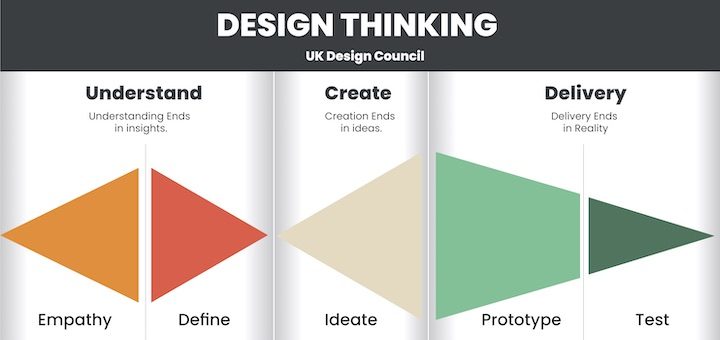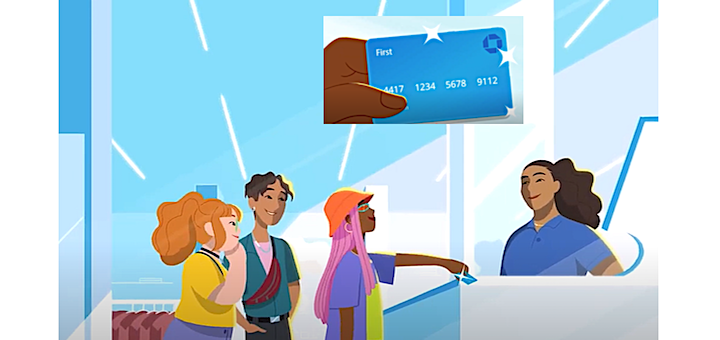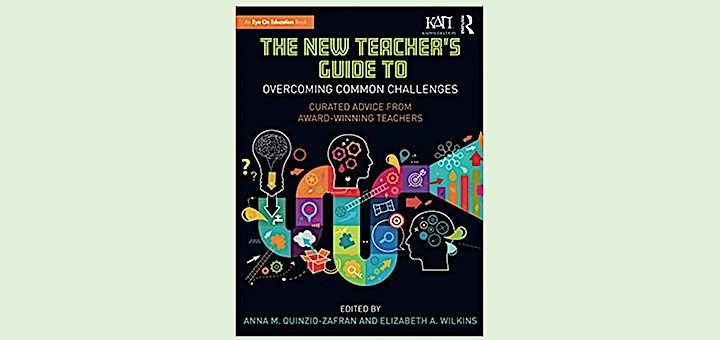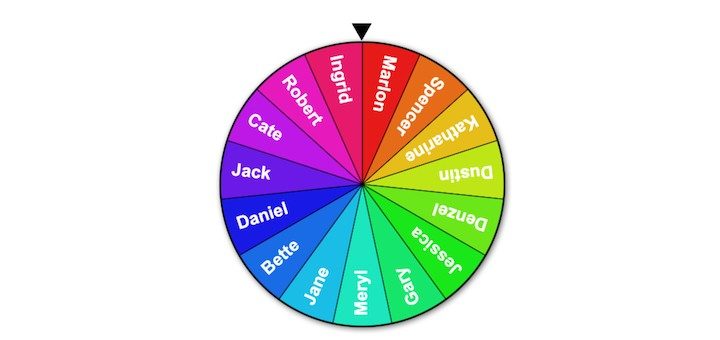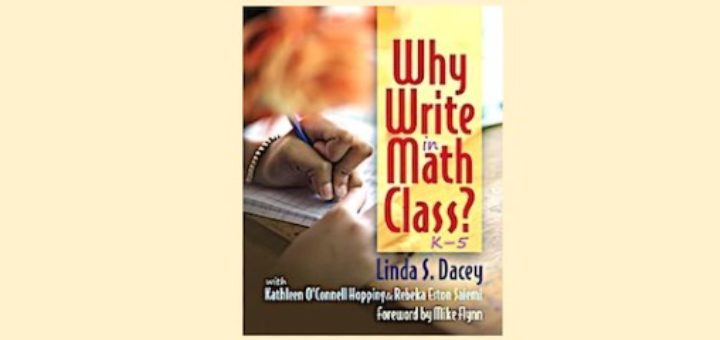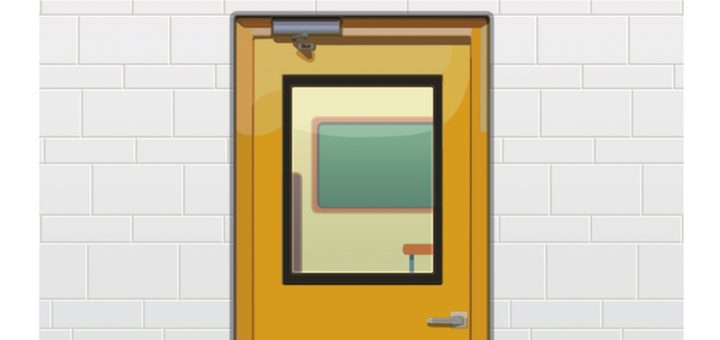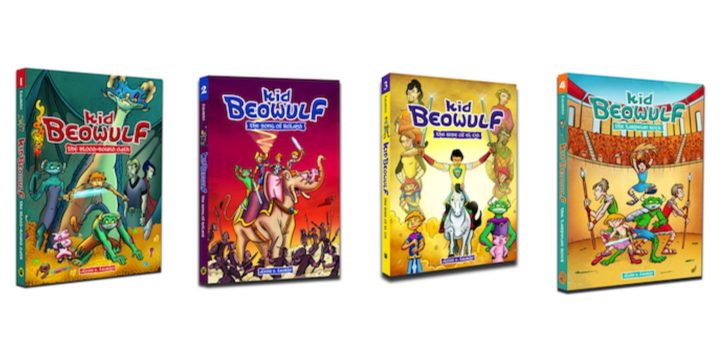Teaching and learning in grades 4-8
Shifting our STEM teaching approach to align with current workforce needs means broadening our thinking about the design process, writes Anne Jolly. That includes helping students work together to build the skills of empathy and creativity that lead to innovative solutions.
Students are constant targets of advertisers and influencers, writes author–consultant Frank Baker. Introduce kids to seven key media literacy questions that can boost their critical thinking skills and get them in the habit of always asking “What’s really going on?”
Anna M. Quinzio-Zafran and Elizabeth A. Wilkins bring together up-to-the-minute advice from award-winning educators to guide new and veteran teachers alike as they navigate the school system, form relationships with colleagues, and connect with students and families.
As teacher Dina Strasser looks at the multiple sources of stress educators face in fall 2021, she shares insights from the radical origins of the concept of self-care: it is possible to tune in to ourselves without tuning out the larger social issues surrounding us.
Kathie Palmieri likes the free teacher-owned Flippity site, offering engaging teaching tools in all subject areas. She shows how to easily create multimedia flashcards, involve classes in randomly choosing partners, and make interactive spelling lists tailored to students.
To help in assessing students’ digital stories, Katie Caprino and Alyssa Marzili share tips on ways to engage middle graders in thinking about their stories’ purpose, genre, tone and audience, how to structure peer feedback, and how to use digital tools for ongoing evaluation.
Using informative, argumentative, personal and metacognitive writing activities, Linda Dacey shows how all learners can build skills and understanding in math through the writing process. Math and literacy coach Helene Alalouf highly recommends “this gem of a book.”
In his farewell reflection upon leaving the classroom, teacher Jeremy Hyler says he will be “working for an organization that believes in making every student successful through the programs they offer and not just selling a product or serving a subset of our students.”
In an earlier MiddleWeb post, professor and former middle grades ELA teacher Jason DeHart argued on behalf of teaching with graphic novels, with numerous examples. Here he delves deeper into a single text from the Kid Beowulf series, detailing his own instructional strategies.
In response to a pandemic spike in discipline referrals and educator burnout, AP DeAnna Miller urges school leaders make a concerted effort to be visible even though it is hard, to take time to listen even when they seem to lack the time, and to do something restorative for themselves.

